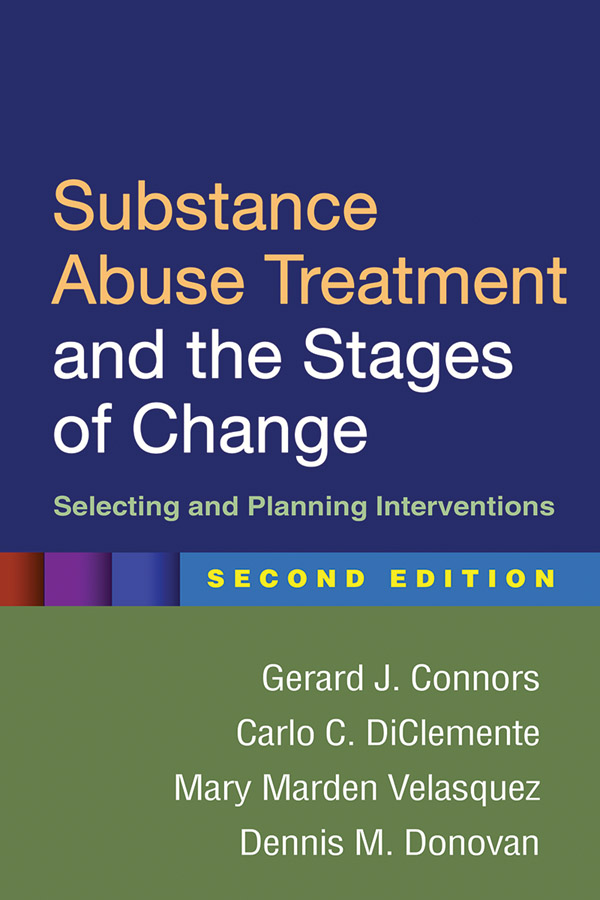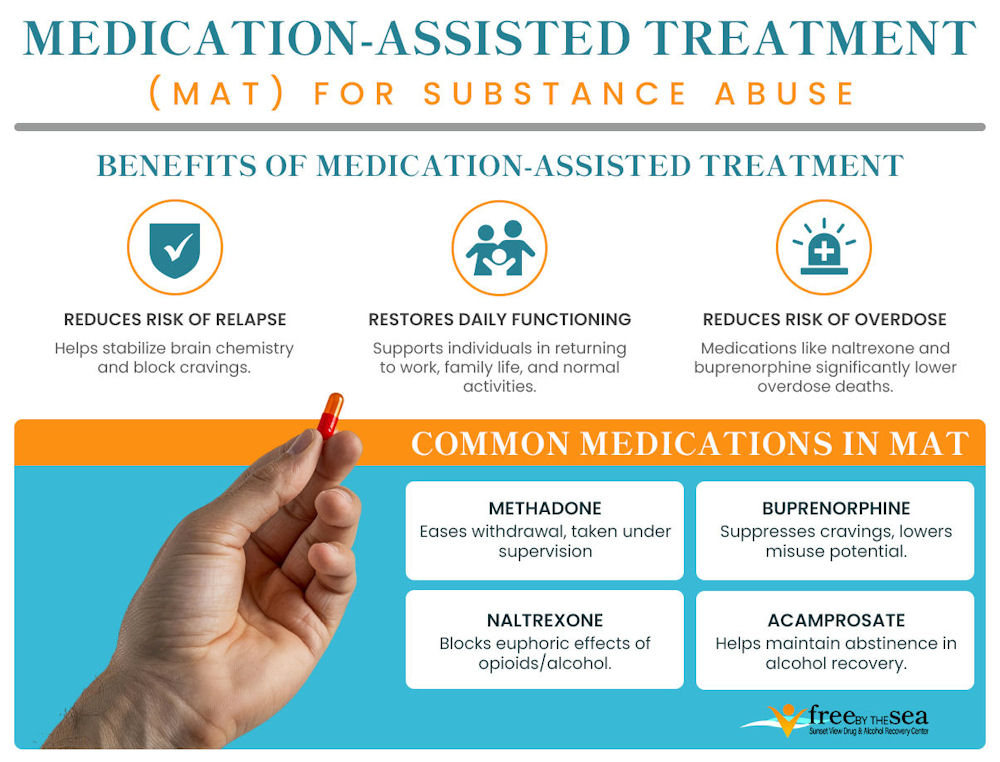Substance Abuse Rehab: A Total Overview to Healing
Substance Abuse is one of one of the most pressing wellness and social challenges faced by neighborhoods and people worldwide. It often starts as a coping mechanism for psychological distress, trauma, or tension, but can promptly advance right into a reliance that impacts every location of life-- mental health, partnerships, work, and total well-being. The effects of dependency are serious and varied, commonly leading to physical diseases, economic troubles, and social isolation. This is why rehab programs exist: to help people reconstruct their lives and redeem control over their futures.
Understanding Substance Abuse and the Need for Rehabilitation
Rehab facilities are designed to treat the origin of addiction instead of simply the symptoms. An extensive rehabilitation program involves detoxification, therapy, behavior treatment, and education on regression avoidance. People learn to acknowledge triggers and establish healthier ways to take care of tension and feelings. In a lot of cases, rehabilitation is not almost giving up medicines or alcohol-- it's concerning uncovering a brand-new sense of objective and equilibrium. These centers offer a supportive environment where recuperation is not only possible but sustainable.
The path to healing needs nerve and dedication, however with the best therapy, even the most severe instances of dependency can be efficiently managed. Rehab programs use an organized technique that combines clinical competence, mental support, and peer encouragement. Each program is customized to the person's needs, ensuring a personalized experience that advertises long lasting sobriety. Whether a person fights with alcohol, prescription medicine, or illicit medicines, going into a rehabilitation program is frequently the initial and most important step towards enduring recovery.
Inpatient vs. Outpatient Rehabilitation: Which Option Is Right for You?
When determining to seek treatment for Substance Abuse, among the most crucial choices entails selecting in between outpatient and inpatient rehab programs. Both strategies have their benefits, and the right selection mainly depends on the person's particular needs, dependency severity, and individual circumstances. Inpatient rehabilitation, also recognized as property rehabilitation, requires individuals to live at the treatment facility permanent. This allows for day-and-night medical supervision, structured routines, and a distraction-free setting ideal for intensive healing. On the various other hand, outpatient rehabilitation offers higher adaptability, allowing clients to go to therapy sessions during the day while still living in your home and preserving individual or specialist responsibilities.
Inpatient rehab is finest matched for people who require medical cleansing, experience long-term addiction, or have formerly slipped back. The immersive setting guarantees that individuals are shielded from external lures and stressors that can trigger a relapse. Daily treatment sessions, clinical surveillance, and team tasks aid people remain concentrated on recuperation. In comparison, outpatient rehabilitation is frequently optimal for those with moderate to moderate addiction or strong assistance systems in the house. This kind of program makes it possible for people to proceed functioning or going to institution while receiving constant therapy and support.
Ultimately, the choice in between outpatient and inpatient rehabilitation relies on several elements such as addiction kind, clinical requirements, and way of life. Some individuals also change from inpatient to outpatient treatment as they advance in their recovery journey - Inpatient rehab. Both programs share the same ultimate objective-- assisting patients maintain and attain sobriety-- yet the degree of structure and assistance varies. A thorough analysis by addiction professionals can assist identify one of the most efficient therapy plan, ensuring that each specific receives the treatment and attention they require to thrive past addiction

The Expense important Abuse Rehab and Financial Factors To Consider
Among one of the most typical worries for family members and people seeking addiction therapy is the expense of rehab. While prices differ commonly depending upon the facility, program kind, and length of keep, it is vital to check out rehab as an investment in one's wellness and future rather than simply a cost. The cost of untreated dependency-- consisting of lost performance, legal issues, clinical problems, and harmed connections-- frequently much exceeds the cost of expert treatment. Numerous rehabilitation centers currently supply versatile settlement options, insurance policy coverage, and monetary help to make treatment a lot more accessible.
Inpatient rehabilitation programs tend to be a lot more pricey than outpatient programs since they consist of accommodation, meals, and 24-hour clinical supervision. Deluxe rehabilitation facilities with high-end centers, exclusive rooms, and alternative treatments can cost dramatically a lot more, while community-based or non-profit rehabs commonly provide affordable or also cost-free treatment options. Outpatient rehab is normally much less pricey given that it does not require overnight stays, but the overall cost can still differ you could check here depending upon the period and strength of the program. Some insurance policy prepares cover complete or partial expenses for rehab, particularly if the treatment is regarded clinically essential.
Financial barriers need to never ever protect against a person from looking for assistance. Lots of therapy facilities comprehend the monetary stress that addiction causes and agree to deal with patients to develop convenient layaway plan. Some use moving scale fees based upon revenue, while others get government financing to sustain those in requirement. When examining costs, it's also important to take into consideration the lasting advantages: enhanced health and wellness, restored relationships, and a chance at a more productive and secure life. Recuperation is invaluable, and the price of rehabilitation is typically the secret to opening a future devoid of the chains of dependency.
Attributes and Facilities of a Quality Rehab Facility
The environment in which recuperation takes area plays an important function in the success of a rehabilitation program. A quality rehabilitation facility is greater than just a medical center-- it is a healing shelter developed to support the body, mind, and spirit. The very best facilities combine evidence-based clinical treatments with comfortable living setups and therapeutic atmospheres. People ought to really feel secure, sustained, and inspired as they browse their healing trip. Modern rehab centers commonly include private or semi-private rooms, tranquil outdoor spaces, healthy dishes, and recreational tasks that advertise wellness and relaxation.
Beyond convenience, the crucial attributes of a credible rehabilitation facility include expert personnel, personalized treatment plans, and a wide variety of therapeutic options (rehab near Chester NJ). Multidisciplinary teams of physicians, therapists, therapists, and assistance personnel work together to design a tailored program for each and every person. Evidence-based treatments like Cognitive Behavior Therapy (CBT), Dialectical Behavior Therapy (DBT), and inspirational talking to are integrated with holistic therapies such as yoga exercise, meditation, art therapy, and fitness programs. This incorporated technique addresses not just the addiction itself, yet additionally the psychological and psychological aspects contributing to it
In addition, the most effective rehab centers highlight aftercare and long-lasting assistance. When an individual leaves the facility; maintaining soberness calls for continuous support and accountability, recovery does not end. Lots of facilities use graduates programs, group treatment sessions, and area reintegration services to ensure ongoing progression. Facilities that give a continuum of treatment-- from detox to outpatient assistance-- often tend to generate one of the most effective results. The general goal is to develop an atmosphere where individuals can heal completely, rebuild their self-worth, and re-enter the globe with confidence and security.
Advantages important Abuse Rehab Programs
Signing up in a chemical abuse recovery program uses many advantages that extend far beyond getting rid of dependency itself. One of one of the most considerable advantages is the organized atmosphere that rehab offers. Individuals battling with dependency commonly reside in mayhem or uncertainty, but rehab presents security and regimen. Every facet of day-to-day live-- from treatment sessions to meals and remainder-- is intended with function, assisting people develop self-control and uniformity. This find out here structure becomes a structure for constructing a sober way of living and decreasing the risk of regression after therapy.
One more significant benefit of rehab is the expert assistance offered all the time. Addiction is not simply a physical dependence; it's likewise a emotional and psychological struggle. Within a rehab center, clients have access to clinical professionals who can securely handle withdrawal symptoms, as well as therapists who specialize in dealing with the emotional facets of healing. This level of treatment ensures that patients are never alone in their battles. Team therapy sessions also offer a feeling of area, enabling people to link with others who understand their difficulties and can share their experiences.
Substance Abuse rehab furnishes people with long-lasting tools for keeping soberness. Through education, therapy, and regression avoidance planning, individuals discover to identify triggers, handle directory tension, and make much healthier life options. Rehabilitation assists them rebuild damaged connections and find enthusiasms and objectives that were shed throughout dependency. It's a transformative procedure that brings back self-confidence, psychological equilibrium, and hope. The supreme advantage of rehab is that it doesn't just save lives-- it rebuilds them, assisting individuals uncover their worth and create a brighter, addiction-free future.
The Course Onward: Structure a Life Beyond Addiction
Healing does not end when the rehab program does-- it's a recurring procedure that needs dedication, self-awareness, and assistance. After finishing treatment, individuals must learn to reintegrate right into their daily lives while keeping the lessons they have actually acquired in rehab. This consists of establishing healthy coping methods, staying clear of environments connected with Substance use, and surrounding themselves with positive impacts. Many individuals proceed with outpatient therapy or join support system like Narcotics Anonymous (NA) or Twelve Step Programs (AA) to stay connected and accountable to the healing area.
A solid aftercare plan is crucial for lasting success. Rehab centers that use follow-up therapy, peer support, and relapse avoidance programs give people the best opportunity of preserving sobriety. Developing a brand-new way of life might entail pursuing education and learning, offering, or checking out brand-new pastimes that strengthen positive habits (dual diagnosis rehab NJ). Families likewise play an important duty in the healing procedure; when liked ones join family members treatment and recuperation education, they become an energetic component of the assistance system, reducing the danger of regression

Inpatient rehab, additionally known as domestic rehab, calls for clients to live at the therapy facility permanent. Inpatient rehab programs often tend to be extra pricey than outpatient programs because they consist of lodging, meals, and 24-hour medical guidance. Deluxe rehabilitation centers with premium centers, exclusive spaces, and holistic treatments can cost considerably more, while community-based or charitable rehabilitations commonly offer economical or also totally free therapy options. Recuperation does not finish when the rehabilitation program does-- it's a continuous procedure that needs commitment, assistance, and self-awareness. Rehab facilities that provide follow-up counseling, peer assistance, and relapse avoidance programs provide individuals the ideal opportunity of keeping soberness.